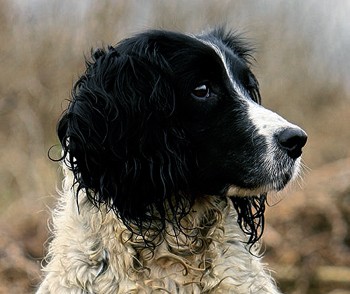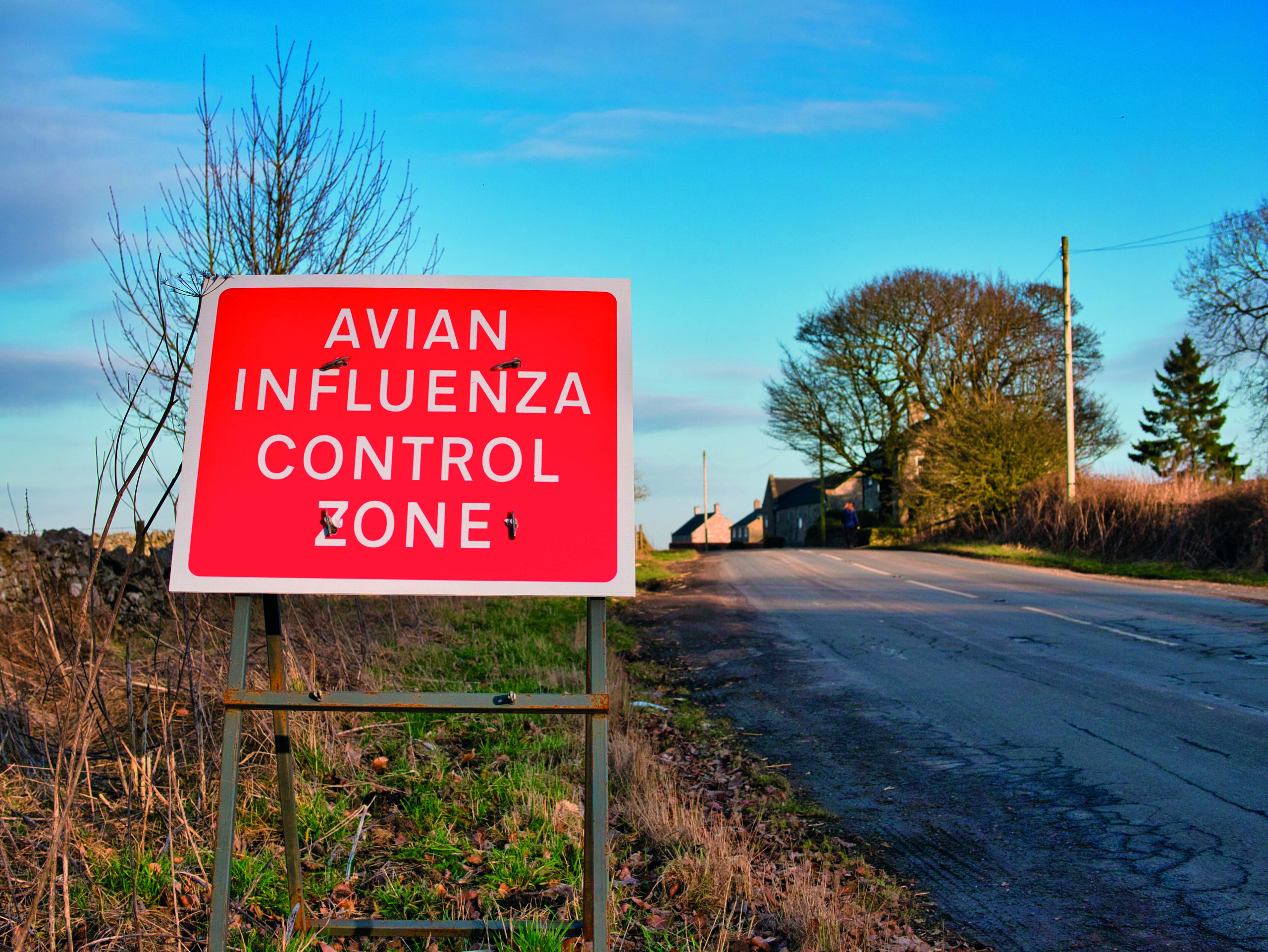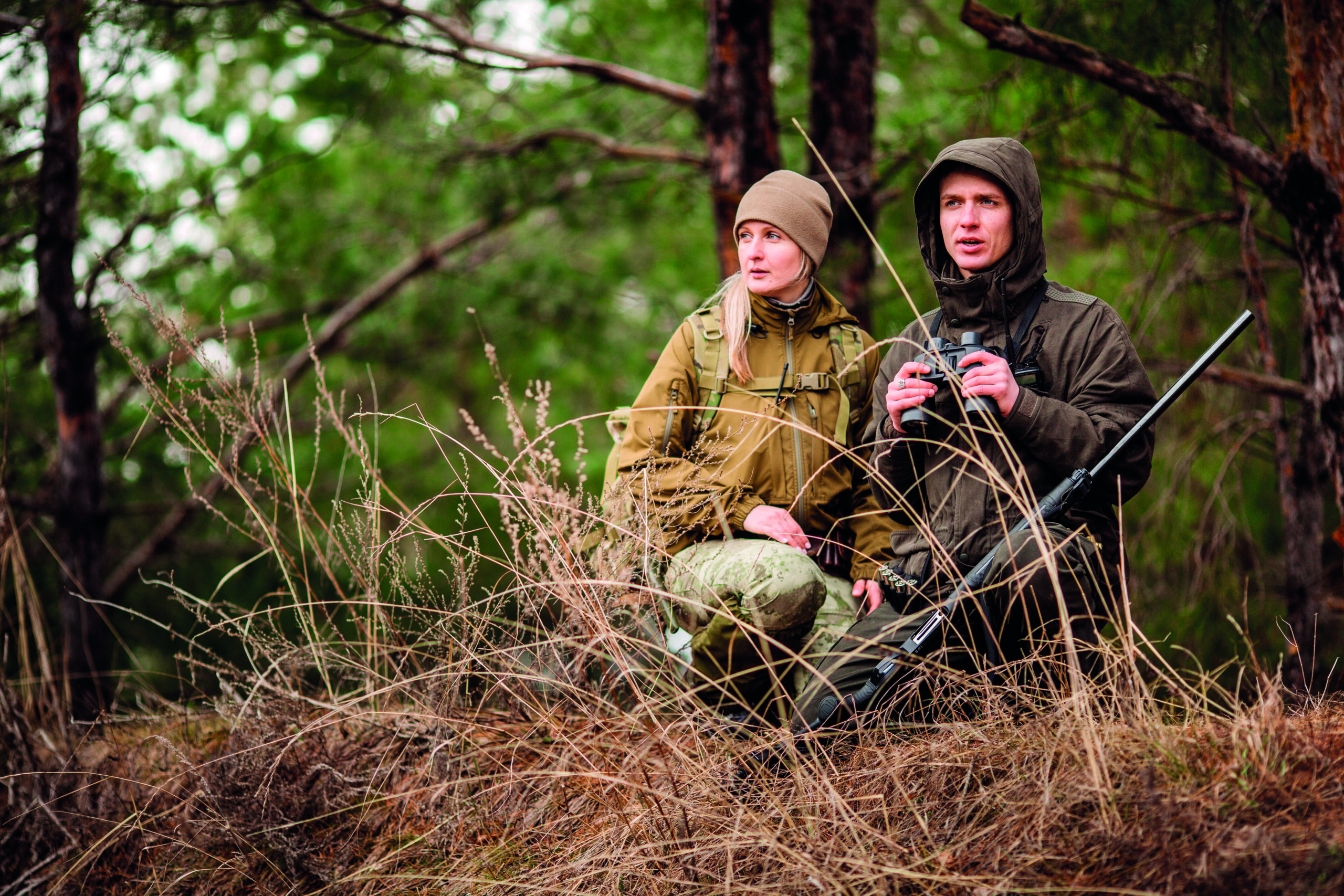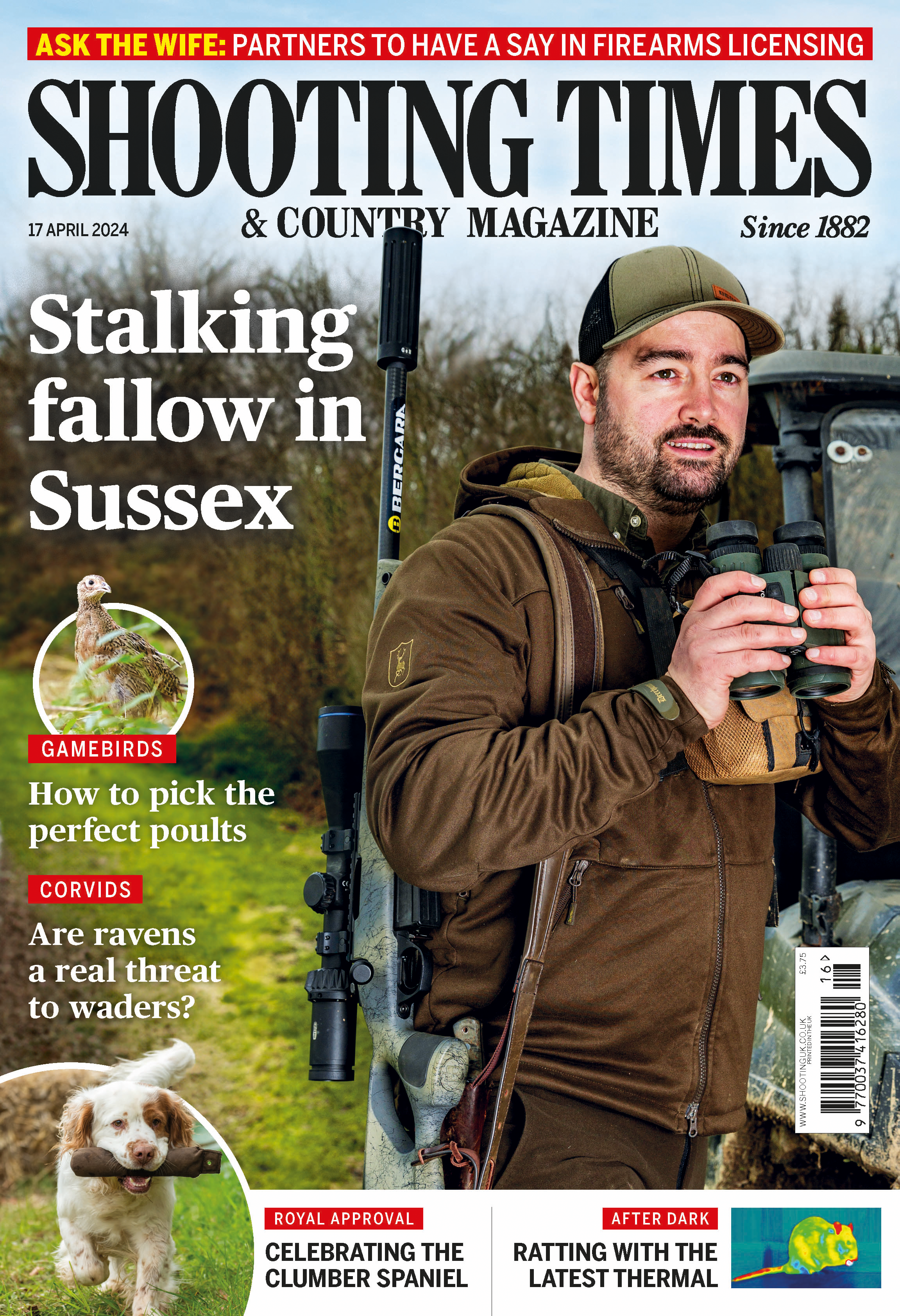DEFRA’s dangerous dogs consultation closes

The consultation was launched by the previous Labour Government in response to the growing problem of status dogs used predominately in inner-city estates by criminals to intimidate and harass members of the public.
Addressing Parliament last Monday DEFRA minister Caroline Spelman MP implied continued support for the review of current legislation when she listed dangerous dogs as a key priority for her department: On the question of dangerous dogs, I give the commitment that we will tackle the conduct of their owners and require greater responsibility from them.
When the consultation document was published many commentators expressed concern that some of the proposed changes to legislation contained within it would penalise law-abiding dog owners.
Farming minister, Jim Paice MP, said he rejected mandatory microchipping: We wish to find new ways to encourage owners to microchip their dogs but are not persuaded of the need for compulsion.
The National Gamekeepers Organisation was among those bodies which voiced concerns.
It described its recent submission to the consultation as a robust response on behalf of owners of working dogs and called for compulsory microchipping and insurance to be dropped on the grounds that: both of these options would impose mandatory and expensive burdens on literally millions of owners of completely safe, normal dogs.
The Kennel Club (KC) also called for insurance to be shelved.
Its communications director Caroline Kisko commented: The KC believes requiring all dogs to have insurance could have huge financial implications for dog owners, especially those who own more than one dog. Many dog owners would be forced to give up their dogs if they could not afford to insure them.
In its own submission to the consultation, the KC, which owns Petlog, the commercially run national database of microchipped dogs, advocated a voluntary approach to this form of identification: If microchipping could be accepted as an initial part of obtaining a dog, legislation may not be necessary.
In contrast, the RSPCAs response included a reiteration of its call for compulsory dog licences.
It submitted the findings of a recently commissioned survey to support its position.
The KC stated its opposition to licences, which it sees as ineffective and an unnecessary financial burden.
Caroline Kisko said: Any suggestion of new measures which will incur further cost and resources is unrealistic. In Northern Ireland licensing is compulsory yet only a third of dogs are estimated to be licensed and very little is done to force other dog owners to comply.
The Government is due to publish a report on the consultation later in the summer.








